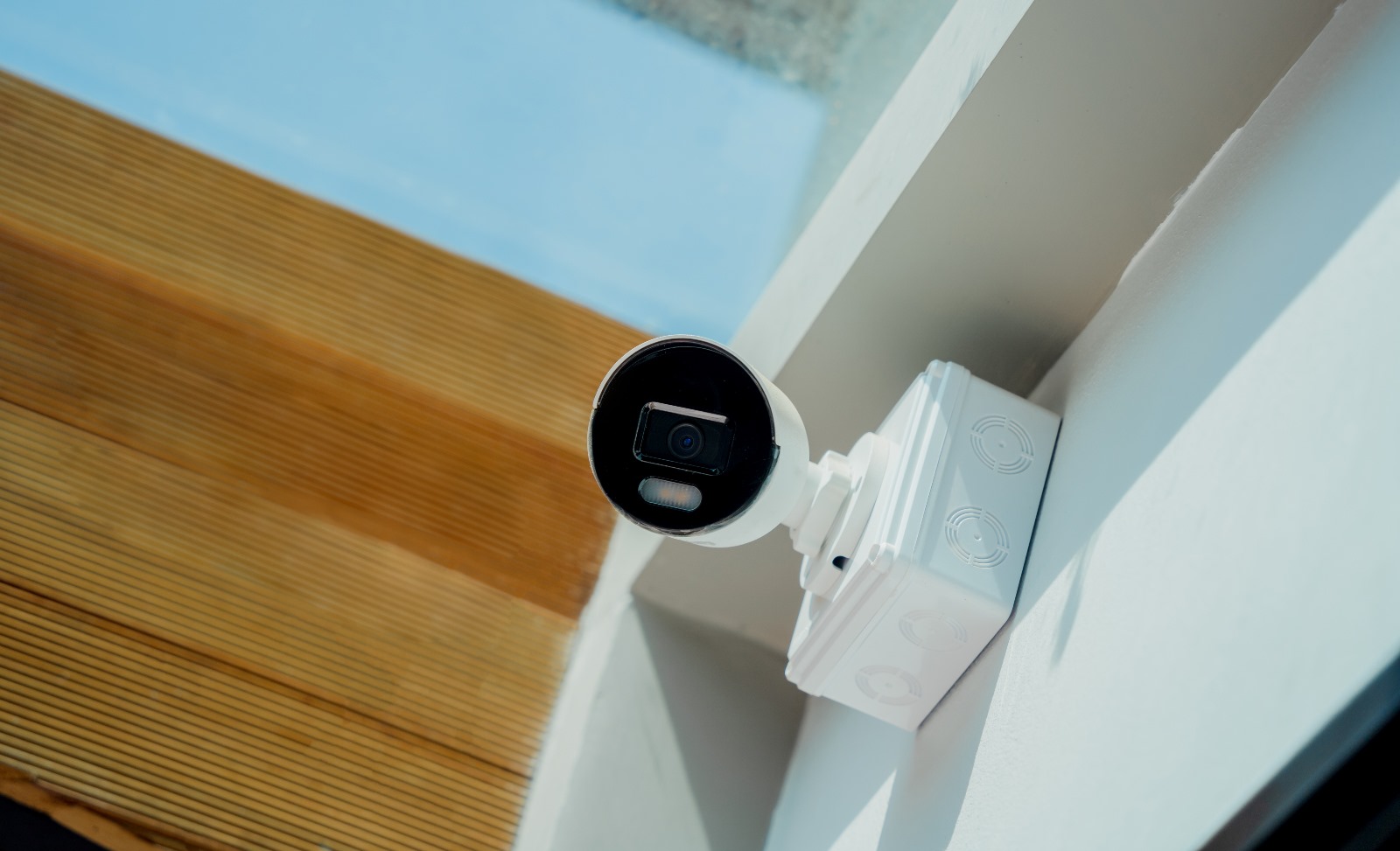- The new rules for AirBnB hosts require hosts to remove any cameras inside of their properties, and only have cameras and recording devices outside of the property.
- Dahua’s Wizmind series has people-counting capabilities and perimeter protection to mean that hosts do not have to compromise on security while Minut’s noise detection devices let hosts know when an AirBnB gets crowded and when a fire alarm sounds.
- Communication between hosts and guests is paramount for both sides to feel secure and for the cultivation of a positive customer experience.
In March 2024, AirBnB made a major announcement to its security policy for hosts. As of 30 April 2024, AirBnB hosts will no longer be able to monitor indoor spaces using either CCTV or any other recording devices.
This followed a lengthy consultation between AirBnB, guests and hosts, where people raised concerns about hidden cameras in properties – talk about the importance of privacy. Equally importantly, Guests should not feel like they are being spied upon or that they should search a property for hidden cameras.
With this new rule, AirBnB hosts are finding themselves at a crossroads of security, privacy, and compliance. With Airbnb’s recent policy shift banning indoor surveillance, hosts are expected to ensure that their properties are safe and well taken care of while complying with regulations and making the customer experience as comfortable as possible.
Some hosts may be concerned that they may have multiple bookings lined up, and that their properties can be damaged, meaning that hosts must spend money making repairs and lose money on cancellations until the property is suitable for guests. Furthermore, for insurance purposes, it is reassuring for hosts to be able to have adequate records.
When deciding how to secure properties, hosts have the following guidelines: The revised policy permits the use of exterior security cameras, noise monitoring systems, and smart devices, provided they are transparently disclosed in property listings.
So how should hosts optimise their properties to hit that sweet spot between safety and comfort?
Exterior security cameras, while not showing an owner exactly what is happening inside, can still provide a lot of insight into the causes of damage or any criminal activity occurring behind closed doors. They can also ensure guest safety as a deterrent for would-be intruders.
For example, Dahua Technology’s Wizmind series, when set outside of a property, is equipped with AI and deep learning capabilities which can accurately count the number of people entering and leaving the property, and with a 180 degree, 2 lens model, one camera can be used to protect the entire front of the property.
Most crucially, the Wizmind cameras are well known for their ability to provide high quality imagery in a low light, meaning that properties are equally protected at night, which is sure to be a relief for guests navigating a new city or region.
With regards to noise detection, which is allowed inside the property, Minut’s noise detection technology is specifically designed to detect party-level noise and fire alarms. Minut provides hosts with timely alerts, offering invaluable peace of mind for hosts that are mindful of damage occurring to their properties.
By swiftly identifying potential disturbances, hosts can take proactive measures to mitigate risks and protect their properties from damage, while also not infringing on the privacy of guests by only detecting the loudest of noises or crowding.
While these products are helpful for hosts to secure their property, transparent communication regarding security devices is paramount to fostering trust between hosts and guests. Properly flagged devices not only ensure compliance with regulations but also build confidence in guests, assuring them of their safety while respecting their privacy.
By openly disclosing the presence of security measures, hosts establish clear boundaries, deterring any potential misuse of amenities or rule-breaking by guests. This transparency cultivates a mutually respectful environment where both hosts and guests can feel secure, fostering positive customer experiences and reinforcing the foundation of trust that underpins the hospitality industry.
While these new regulations can appear to be restrictive for hosts, they ultimately serve to build trust between hosts and guests by allowing guests privacy and comfort while leaving open avenues for hosts to keep a record of what goes on around their property.
With exterior cameras and noise monitoring devices, and with extensive communication, hosts will be well equipped to navigate the new rules and cultivate a positive guest experience.










